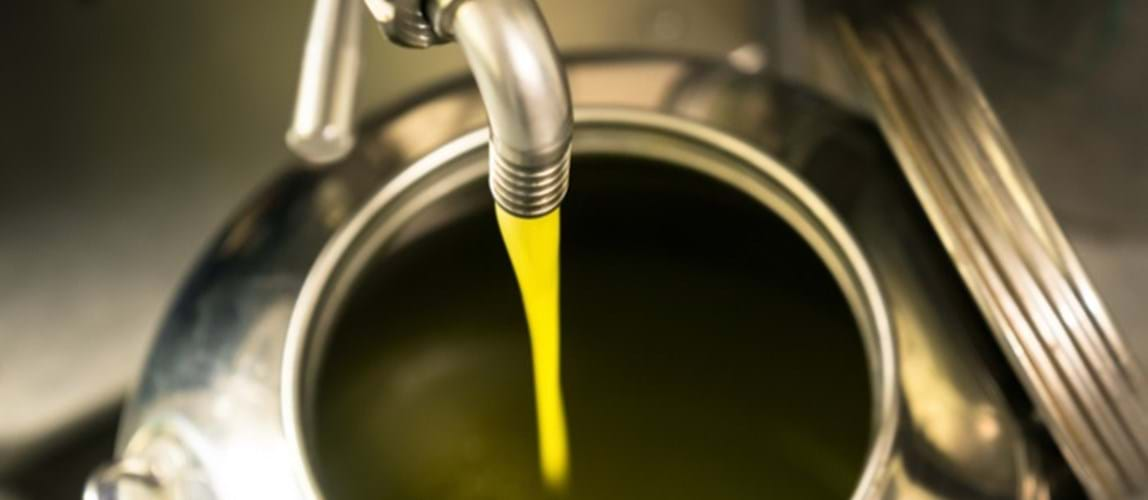Palm Oil Processing
Extending Oleochemistry - Glycerin to Propylene Glycol and how Industry 4.0 enters Oleochemical Industry

- Date From 4th November 2019
- Date To 4th November 2019
- Price FREE
- Location Monash University Malaysia, Seminar Room 6-2-14, Jalan Lagoon Selatan, Bandar Sunway 47500, Subang Jaya, Selangor, Malaysia
Event
18:00 — Registration and refreshment
18:25 — Short briefing by Mr. Hong Wai Onn, Chair of POPSIG
18:30 — Presentation
19:30 — Question-and-answer session
20:00 — Networking session
Registration
Register to attend physical event >>
Register to attend online at Go-To-Webinar >>
Speaker's Biodata
Mr. Fredrik Pomrehn
A Swedish and German national, Mr. Pomrehn holds both chemical process engineering and business engineering degrees from the Frankfurt University of Applied Sciences. He has been working as a process engineer at LURGI Germany since 1998, initially concentrating on petrochemical process technology and, since 2006, on oleochemicals. In 2011 he was promoted to become head of the Oleochemicals Technology Department in AIR LIQUIDE Global E&C Solutions Germany (formerly known as LURGI) and, in 2013, he became Director Technology in AIR LIQUIDE Global E&C Solutions Germany.
December 1, 2014 Mr. Pomrehn relocated to Malaysia. Since then he holds the position as Director Technology in JJ-LURGI Engineering Sdn Bhd in Malaysia, a joint venture between Jebsen & Jessen (SEA) Pte. Ltd. and AIR LIQUIDE Global E&C Solutions Germany.
Overview
Monopropylene Glycol or simply Propylene Glycol (PG) was for a long time synthesized only via the petrochemical route from propylene oxide (PO) until a huge glycerin excess became available as by-product from biodiesel production. With the hydrogenolysis of glycerin to PG, an attractive new downstream application for glycerin has been introduced. This new and green chemistry route allows producing PG at lower cost than before. The main applications for PG are in aircraft de-icing and antifreeze coolants for machines or as heat transfer fluid for cooling applications, where it successfully is replacing the toxic ethylene glycol (EG). PG is widely used for polyesters, and PG is safe to be used in food, pharma, and cosmetics. PEG Propylene Glycol Ethers already have become indispensable in our everyday life in for example in shampoos, shower gels, or household detergents. The desire to use more green and more bio based products is constantly on the growth.
Air Liquide Global E&C Solutions, as owner of the proven LURGI Technologies in oleochemistry, now offers this technology for Bio Propylene Glycol, also known as Bio-PG. Air Liquide will present key features of this new technology based on a process and catalyst developed by BASF.
Industry 4.0 and Internet of Things (IoT) in the oleochemical industry already improve the supply and demand planning, provide ad-hoc transparency about the inventory, and enable instantaneous information over the real plant utilization and efficiency. Here both Industry 4.0 and Internet of Things (IoT) are becoming powerful tools for the production planning and when the demand of certain oleochemical products for example is known to occur in cycles.
Stay Connected
Member-exclusive content
Become an IChemE member to enjoy full access to this content and a range of other membership benefits. If you are already a member, please log in.
Back to events